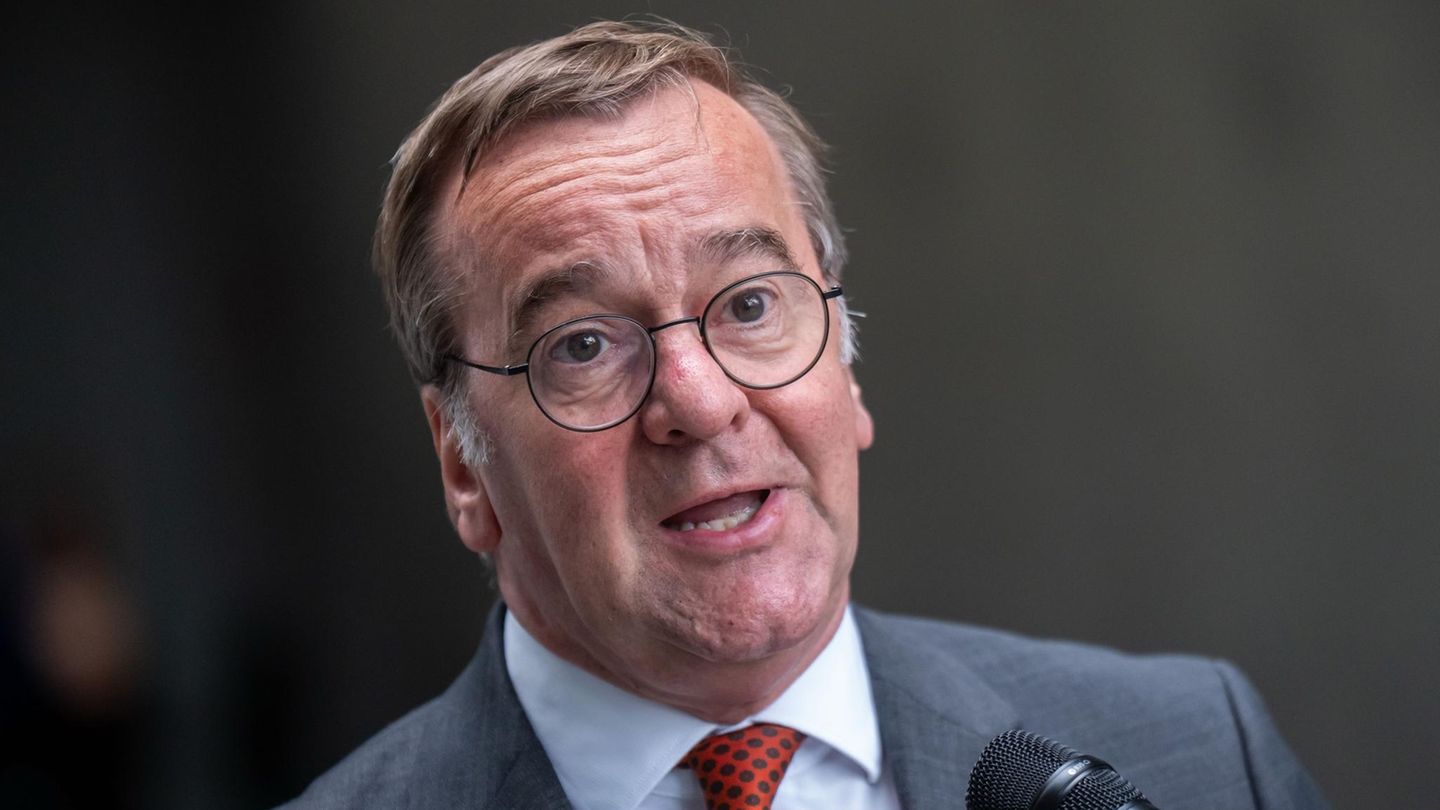The rating agency Moody’s Ratings upgraded to Baa1 (equivalent to BBB+) the investment grade rating of Uruguay, by highlighting the development of “structural reforms”, together with the continuous compliance with the frameworks of fiscal and monetary policy.
Moody’s thus improved the long-term issuer ratings and the senior unsecured bonds of the government of Uruguay and changed the outlook from “positive” to “stable.”
Among the arguments to define the improvement, the rating agency highlighted “the solid institutions that support the implementation of structural reforms and the continuous compliance with the fiscal and monetary policy frameworks,” which it praised for aiming “at rates of growth sustained higher than in the past, supported by strong investment”.
At the same time, he highlighted the set of reforms implemented in recent years by noting that they “strengthen the fiscal and monetary policy frameworks.” Looking ahead, Moody’s warned that “a trend of investment stronger will support growth performance, facilitating fiscal consolidation and stabilizing debt of Uruguay in the next years”.
In turn, the agency pointed out that the rating Baa1 “is supported by fiscal reserves and comparatively large external buffers and very strong asset and liability management practices.”
“These credit strengths are balanced by a moderate level of public debt, structural rigidities in public spending and a relatively high, although decreasing, proportion of public debt in foreign currency,” the report noted.
Rating_Action-Moodys-upgrades-Uruguays-15Mar2024-PR_485818.pdf
The stable outlook and the danger of drought
Regarding the change in outlook to “stable”, they considered that it seeks a “balance” between what was previously mentioned with “exposure to climate-related shocks that weigh on growth and fiscal results”, in reference to an eventual drought.
Along these lines, Moody’s indicated that “downside risks are also related to the possibility that the growth return to the previous very low rates on a sustained basis, particularly if, despite the aforementioned reforms, the investment “It remains moderate.”
Source: Ambito




